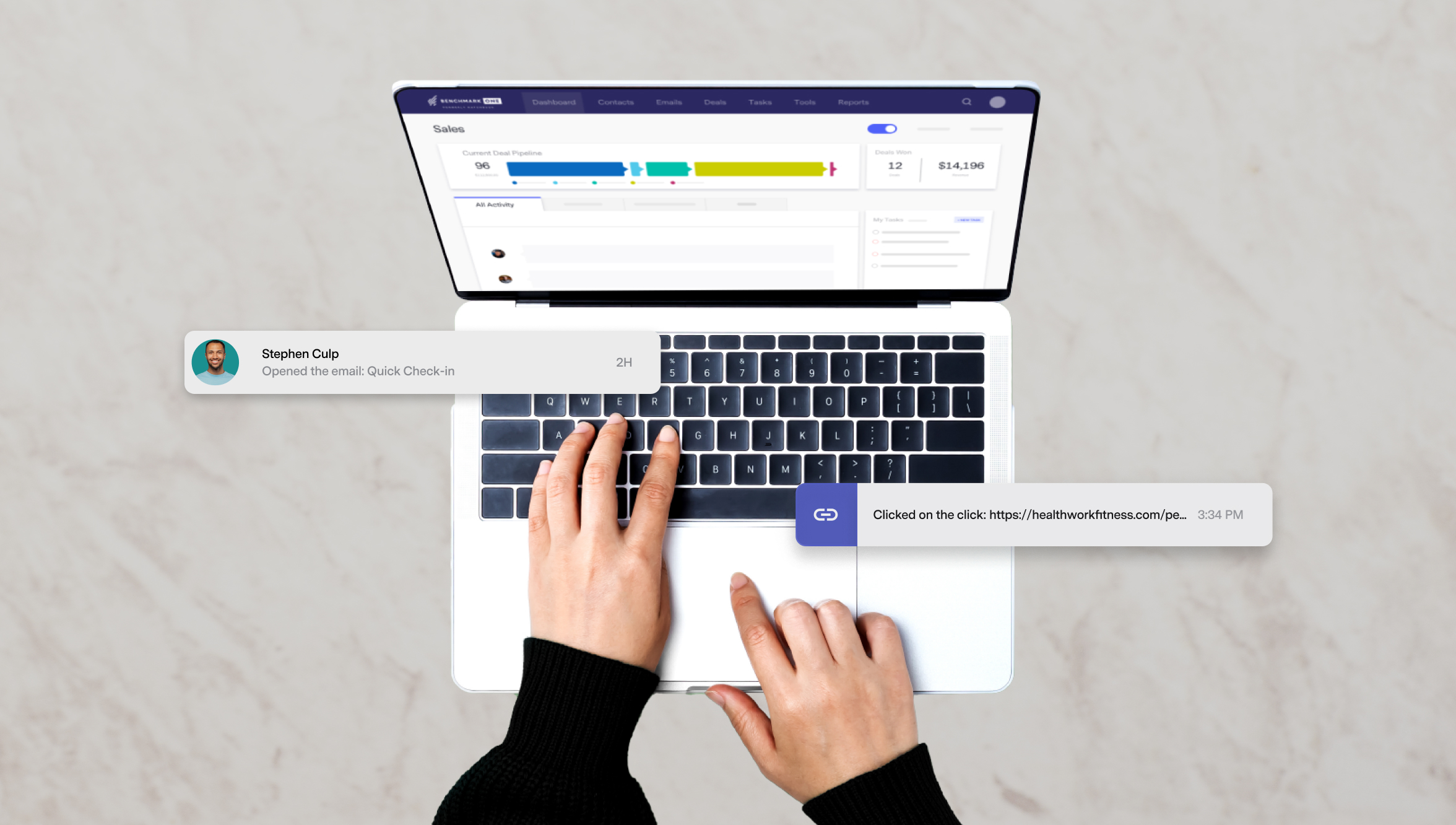
The role of a digital marketer is more dynamic and complex than ever before. Digital marketers are responsible for various tasks requiring a unique blend of creativity, analytical skills, and technical know-how. If you're considering a career in digital marketing or just curious about what it entails, here's a comprehensive to-do list that highlights the many responsibilities of a digital marketer.
1. Develop a Marketing Strategy
One of the biggest responsibilities a digital marketer has is to develop a comprehensive marketing strategy that aligns with the company’s goals. This involves:
- Market Research: Understanding the target audience, their preferences, and behaviors.
- Competitive Analysis: Analyzing competitors to identify opportunities and threats.
- Goal Setting: Establishing clear, measurable objectives for the marketing campaign.
- Budget Planning: Allocating resources effectively to ensure the best return on investment.
2. Content Creation and Management
Content is king in digital marketing. Digital marketers must create and manage various types of content to engage and attract their audience.
- Blog Posts: Writing informative and engaging articles that resonate with the target audience.
- Social Media Content: Creating posts, graphics, and videos for platforms like Facebook, Twitter, Instagram, and LinkedIn.
- Email Campaigns: Crafting compelling email newsletters and automated email sequences.
- Website Content: Ensuring the website content is up-to-date, relevant, and optimized for search engines.
3. Search Engine Optimization (SEO)
SEO helps increase the visibility of certain content and your website on search engines.
- Keyword Research: Identifying relevant keywords that the target audience is searching for.
- On-Page SEO: Optimizing website content, meta tags, headers, and images to improve search engine rankings.
- Off-Page SEO: Building high-quality backlinks from reputable websites.
- Technical SEO: Ensuring the website is technically sound, with sufficient loading times and a mobile-friendly design.
4. Social Media Management
Social media platforms are great when it comes to building brand awareness and engaging with customers. Digital marketers need to:
- Content Scheduling: Planning and scheduling posts to maintain a consistent online presence.
- Community Engagement: Responding to comments, messages, and reviews promptly and professionally.
- Analytics: Monitoring social media metrics to evaluate the effectiveness of campaigns and make data-driven decisions.
- Advertising: Running paid social media ads so you can reach a wider audience.
5. Pay-Per-Click (PPC) Advertising
PPC is when advertisers pay based on how many times their ad is clicked. Responsibilities include:
- Campaign Setup: Creating and setting up PPC campaigns on platforms like Google Ads.
- Keyword Bidding: Managing bids for keywords to ensure ads appear in search results.
- Ad Copywriting: Writing persuasive ad copy that encourages clicks and conversions.
- Performance Tracking: Analyzing campaign performance and adjusting strategies to optimize ROI.
6. Email Marketing
Email marketing allows for nurturing leads and maintaining customer relationships. Digital marketers must do the following:
- List Building: Growing an email list through lead magnets, sign-up forms, and other tactics.
- Segmentation: Section your email list into segments based on certain preferences and demographics.
- Automation: Setting up automated email sequences to engage subscribers at different customer journey stages.
- Analytics: Monitoring email open rates, click-through rates, and conversions to refine email marketing strategies.

7. Analytics and Reporting
When it comes to understanding the effectiveness of marketing efforts and making informed decisions, digital marketers need to:
- Google Analytics: Use Google Analytics to track website traffic, user behavior, and conversion rates.
- Social Media Insights: Analyzing metrics from social media platforms to gauge the success of campaigns.
- Performance Reports: Creating regular reports summarizing key metrics and insights for stakeholders.
- A/B Testing: Conducting tests to compare strategies and determine the best approach.
8. Managing Relationships
Building and maintaining relationships with customers, influencers, and other stakeholders is crucial for a digital marketer.
- Customer Relationship Management (CRM): CRM tools track customer interactions and manage relationships.
- Influencer Outreach: Identifying and collaborating with influencers to expand the brand’s reach.
- Partnerships: Developing partnerships with other businesses to create mutually beneficial opportunities.
9. Staying Up-to-Date with Industry Trends
Digital marketing strategies and approaches constantly evolve, so staying up to date on the latest trends and technologies is very important.
- Continuous Learning: Participating in webinars, workshops, and online courses to enhance skills and knowledge.
- Industry News: Stay updated on new developments by following industry blogs, podcasts, and news sites.
- Networking: Attending industry events and joining professional organizations to connect with peers and share insights.
10. Website Management
A well-maintained website is the cornerstone of any digital marketing strategy. Digital marketers need to:
- User Experience (UX): Ensuring the website provides a seamless and easy user experience, with simple navigation and fast loading times.
- Content Updates: Regularly updating your company website with fresh content to keep it relevant.
- Conversion Optimization involves implementing strategies to increase the website’s conversion rate, such as improving landing pages and calls to action.
- Technical Maintenance: Keeping the website secure and functional by managing updates, backups, and troubleshooting issues.
11. Video Marketing
Video content will always be important in digital marketing. Responsibilities include:
- Video Production: Putting together impressive video content for social media, websites, and email campaigns.
- YouTube Management: This involves managing a YouTube channel, including uploading videos, optimizing titles and descriptions, and engaging with viewers.
- Live Streaming: Hosting live video events to connect with the audience in real-time and build brand loyalty.
12. eCommerce Marketing
Ecommerce marketing is a key focus area for businesses that sell products online.
- Product Listings: Optimizing product listings with compelling descriptions, images, and keywords.
- Shopping Ads: Running Google Shopping ads to drive traffic and sales.
- Customer Retention: Implementing retention strategies, such as loyalty programs and personalized email campaigns.
From developing strategies and creating content to managing social media and analyzing data, digital marketers wear many hats. Mastering these responsibilities requires creativity, analytical thinking, and technical expertise.







